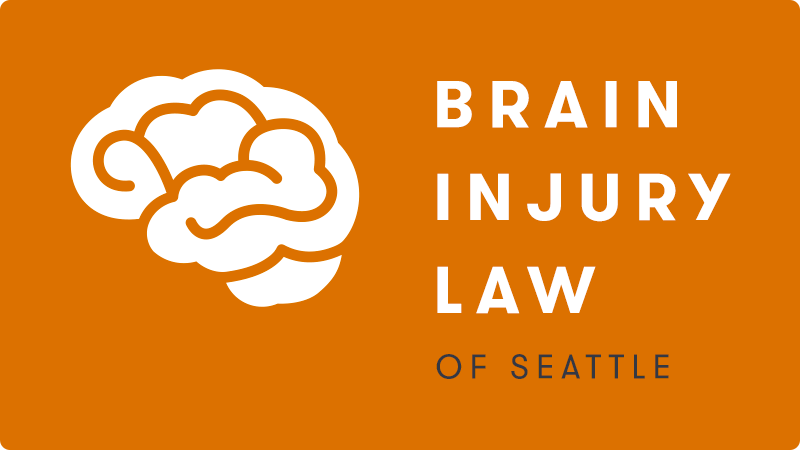If you have a concussion, observe your symptom profile in the first 4 hours after the event. If you start to develop an intense headache or pressure inside your head or intense nausea, go to an emergency room right away so they can do a CT scan to rule out a serious problem such as a brain bleed or fracture of the skull.
Page Contents
IMMEDIATE TREATMENT AND PRECAUTIONS
Even without the above symptoms, it is prudent to go to an ER room to be evaluated. Be sure to tell the ER doctor all of your symptoms, even if you think they might not be related to your head injury. The following chart from the CDC sets forth some of the common symptoms you might experience following a concussion. If you have any of these, tell the ER doctor about them.
CONCUSSION DIAGNOSIS
Now, the doctor will evaluate your signs and symptoms, review your medical history, and conduct an examination. Be very clear with the ER doctor about any loss of consciousness or amnesia surrounding the event-giving rise to the head injury. It is often wise to take a family member or spouse to the hospital with you so they can tell the ER doctor if you have had any amnesia about the event or lost consciousness. Often the person concussed is not the best person to be providing a history to the ER doctor, particularly if they did lose consciousness for a brief period of time and were not even aware that they did. For example, if a person is in a car crash, and loses consciousness for 10-15 seconds, and then wakes up to the other driver asking them if they are ok, they may assume they never lost consciousness and repeat that to the ER doctor when in fact they did. Therefore, carefully think back about the event, and if you do not recall every detail, it is possible there was a brief loss of consciousness or amnesia about the event. (Imagine a boxer who is knocked out for 5-10 seconds but then regains consciousness while the referee is doing the ten counts and gets up that can happen to a person in a car crash)
It is essential to be clear about your history when giving it to the ER doctor because according to a 2008 study done at Harborview Hospital in Seattle, which is a very fine level one trauma center, the diagnosis of concussion was missing 56% of the time when people had one. More recent studies at other trauma centers designed to see if this was still the case, unfortunately, confirm that concussions are still missed about half the time. This is likely because ER doctors are very busy and are largely looking for acute, life-threatening injuries. If you do not appear to have such an injury, they may not look closely at your symptom profile. This is not a criticism of ER doctors, as they do incredible work, but more likely the reality of a fast-paced ER room where time is a scarce resource, and it must be allocated to those with life-threatening injuries. On a slow day or night in the ER, your concussion is far more likely to be diagnosed.

MILD CONCUSSIONS TREATMENT
After being diagnosed with a concussion either at the ER or with your primary care physician, make sure you do all the follow up with cognitive therapy or speech therapy that is recommended, as early intervention gives you the quickest chance at recovery. Also, make sure you tell your doctors about all of your symptoms, even if they do not seem related, so that your doctor can get you referred to the right specialists. (For example, the average time for a referral to a sleep specialist for sleep problems from a head injury is well over two years because patients don’t always tell their doctors about that, or it is assumed that the sleep issues are simply a byproduct of the concussion versus cellular damage in the hypothalamus area that controls sleep-and is also in one of the areas of the brain most susceptible to damage from a head injury).
CONCUSSION TREATMENT
If you have lingering symptoms, try to get into an excellent neuro-rehab doctor who can quarterback your care amongst different medical professionals. Unfortunately, many specialties within medicine are very siloed, meaning that they do not always treat patients with head injuries outside of their area of expertise and may not take the lead in referring you to such specialists.
At Brain Injury Law of Seattle, we often assist clients in getting into the right specialists to help them get better faster, so you are not delayed in getting the treatment you need. Our brain injury lawyers can help you after injury and further for all other legal procedures. Contact us today!






